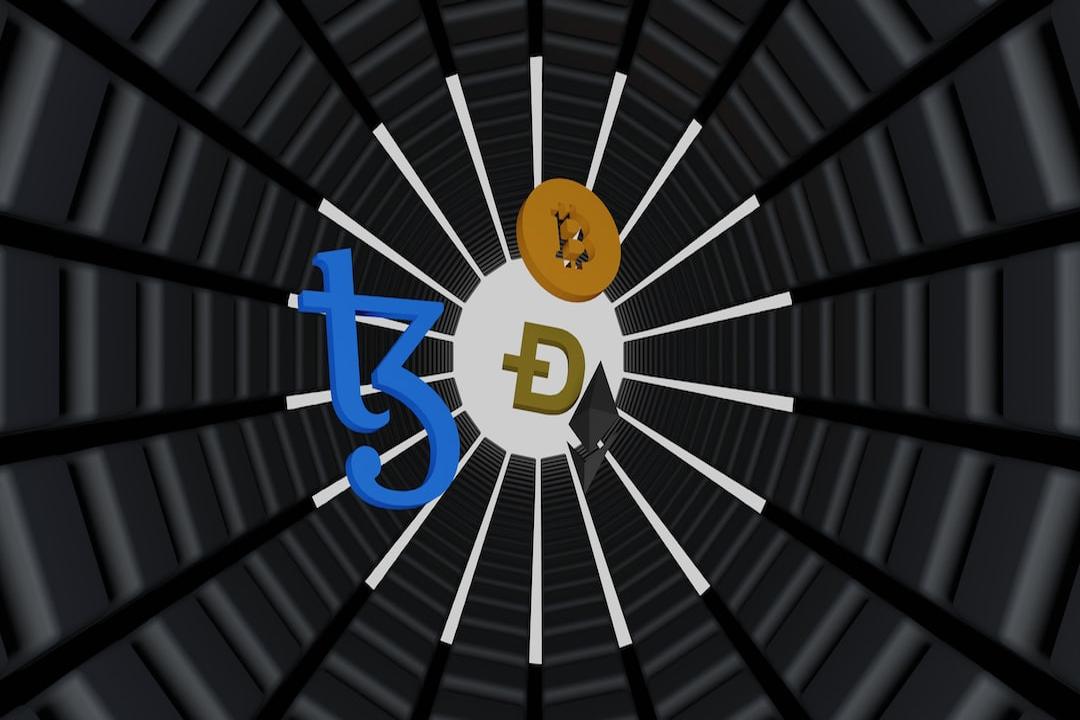CoinWorld reports:
Traditionally, Middle Eastern countries have been regarded as cash economies, with most residents using local currencies to complete transactions and conduct trade. While cash remains the primary payment method in some countries, other advanced economic centers are shifting direction. This change occurs amid escalating regional tensions, highlighted by the recent explosion of Hezbollah pagers and walkie-talkies.
With the accelerated development of digital payments and financial technology, younger, tech-savvy consumers are widely adopting new payment methods. Middle Eastern countries with the appropriate resources and digital infrastructure are heavily betting on the future of the region’s emerging payment market.
Consumers have largely embraced the shift from cash to digital payments. A report from Mastercard found that approximately 85% of individuals in the Middle East and North Africa (MENA) have used at least one emerging digital payment method in the past 12 months. An increasing number of people are utilizing clickable smartphone mobile wallets, Buy Now Pay Later (BNPL) services, and payment-enabled wearable devices.
The diversity of the landscape has allowed a range of newcomers to enter the market, revealing not only digital payment trends but also how the Middle East can become a market disruptor and a driving force in the fintech industry.
Global Opportunities in the Middle East
Convenience and efficiency are significant factors for many consumers when completing payments or transactions. However, Mastercard’s research in the Middle East found that cybersecurity is one of the foremost considerations for consumers when selecting a more comfortable payment method.
While digital security is crucial, it is much more significant than it appears on the surface. Consumers in the region consider other factors, such as ease of use, the availability of rewards and promotions, and the potential social and environmental benefits they might gain.
Given that these factors are important to local consumers, digital payment companies and regulators are developing key areas to advance personal payment solutions in each country. This will provide consumers with faster and more efficient payment solutions while transforming perceptions of digital payments.
Using open currencies for cross-border payments, such as the US dollar, and leveraging blockchain technology to send value directly between digital wallets can reduce fees and friction. This is the power of open currency for businesses.
#OpenMoneyEra
https://t.co/YUo77pRJs2
— Circle (@Circle)
August 7, 2024
Buy now, pay later
Buy Now Pay Later (BNPL) has already established a foothold in the payment sectors globally and in the Middle East. Deloitte’s forecasts estimate that the global Gross Merchandise Value (GMV) of BNPL will increase from $433 billion in 2022 to over $960 billion by 2028.
BNPL payments are available worldwide. In the United States, approximately 9 million consumers use BNPL, although it constitutes a small percentage of the total population. The number of users has grown by 40% in recent years.
Indonesia has the highest number of BNPL users in Asia, with users nearing 19 million as of 2022. Other countries with substantial BNPL user bases include the Philippines, Vietnam, and Japan.
Estimates from the Middle East, North Africa, and Pakistan indicate that over 50% of the population in these regions used BNPL payments in 2022, making it the largest and likely most active region for pay-as-you-go transactions.
Buy Now Pay Later
#BNPL accounts for 5% of last year’s global e-commerce transaction volume, with an expected compound annual growth rate of 16%
#Fintech #Technology #FinServ #AI
@psb-dc @BetaMoroney @efipm @BrettKing @LuoChong @JiaSuJia @EnricoMolinari @shi4tech @QiDanBaLa09
pic.twitter.com/rdXTFVzeCK
— Richard Turrin (@richardturrin)
November 28, 2023
In parts of the Middle East, credit cards are linked to a person’s income rather than their credit score, as is the case in many Western countries. BNPL offers a new financial pathway for individuals whose income falls below a certain threshold or who may be unable to access credit and financial services.
Stored Value Facilities
Another positive sign of progress in the Middle Eastern digital payment environment is the significant growth of Stored Value Facilities (SVF) in recent years.
SVF encompasses the ecosystem of digital wallets and prepaid cards, which have become gateways for large unbanked populations, making transactions more convenient, secure, and efficient without the need for a physical bank account or a commitment to a single service provider.
Through SVF, customers can opt to make payments to others using monetary value, reward points, cryptocurrency-based assets, or other types of virtual assets, possibly on behalf of others. These activities allow customers more direct access to various vendors that accept SVF, whether fully or partially.
The deployment of SVF enables a broader range of consumers, particularly the unbanked, to gain access to forward-looking financial services while maintaining a sense of financial security and stability.
The SVF sector has undergone massive transformation in the Middle East, with countries like Bahrain emerging as leaders in SVF regulation. The Central Bank of Bahrain (CBB) has published Volume 5 of the CBB Rulebook, outlining the rules, regulations, and governance principles for digital wallets and prepaid cards.
Visa and Mastercard prepaid cards provide a convenient way to cash out and use your cryptocurrency.
Virtual cards are available globally without KYC, can be easily added to Google, Apple, or Samsung Pay, and can be used for online shopping

